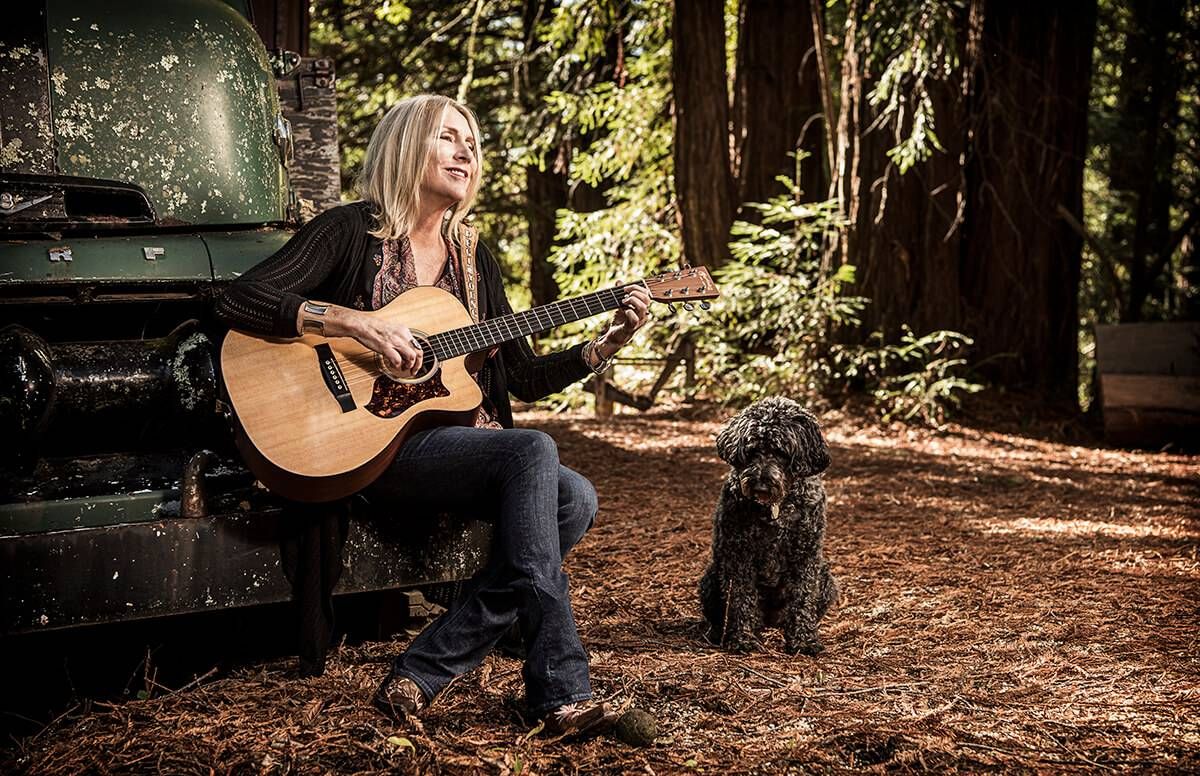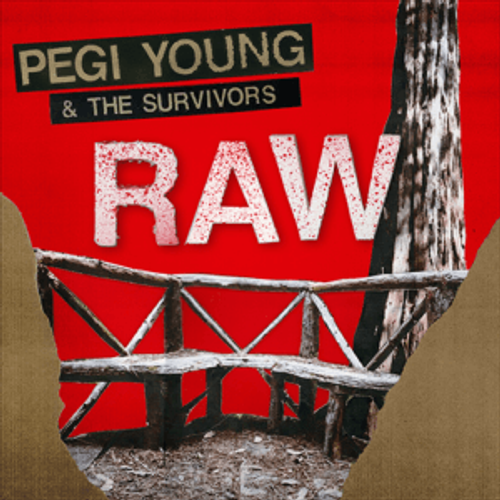Pegi Young: When Life Gives You Lemons, Write Some Songs
Reeling from a divorce from Neil, she turned to songwriting to process her grief
“I’m a single woman again in my early 60s,” says Pegi Young. “That’s not what I expected.”

Honestly, that’s not what anyone expected. Though rock stars aren’t known for their long-lived marriages, Neil and Pegi Young had always seemed like the exception. Pegi met the shaggy Canadian-born rocker in the mid-70s. They married soon after, in 1978, and had two children together. But in 2014, Neil shocked his fans — and his wife — by filing for divorce and entering into a new relationship with actress Daryl Hannah.
Fortunately, as a songwriter and musician, Pegi Young had her art as an outlet, giving her the opportunity to work through the complicated tangle of emotions she experienced a few years back. The songs on Young’s fifth album, Raw, were written in the aftermath of her marriage’s dissolution, and they address these profound changes in her life. They also offer listeners a similar outlet for processing their own life traumas.
“I’m so grateful that I have that ability to write, but I’m not the only person going through a late-in-life divorce,” Young says. “I’m not the only who’s had heartbreak and loss, whether it’s by way of divorce or death or other traumatic events.”
Pegi Young: Starting Over Late in Life
And Young is hardly the first heartbroken songwriter to seek solace from her music when a relationship ends. Writing and listening to breakup songs is an important part of our pop culture heritage, learned early in our teens. But of course, many of our classic heartbreak songs are written for young people. Even the more mature takes on the subject come from artists who are still relatively young. Bob Dylan was barely in his mid-30s when he recorded his classic break-up album, Blood on the Tracks.
We certainly haven’t heard too many songs about what it’s like for a woman in her 60s to start life over again. “I just wrote and wrote and wrote,” Young says. “Some words that I wrote early on were just basically ‘AUGH!’”

Young soon crafted lyrics that were a little more coherent than that, but often just as angry. The first line she sings on the album’s opener, Why, is “Why’d you have to ruin my life?” But the album doesn’t stew in its own bitterness. In fact, it closes with Don Henley’s The Heart of the Matter, a song with a chorus that centers on the word “forgiveness.” Says Young: “I thought that was just a beautiful summation, and it says more about where I am today than where I was when I wrote some of the earlier stuff.”
While recording the album, Young soon realized that she was passing through the five stages of the Kübler-Ross grieving process: denial, bargaining, depression, anger and acceptance. And she created an album that leads listeners through that process as well.
“I didn’t think about this at the time when I was making the record, but when it was all said and done, and I was putting together the sequence, I thought, 'This is kind of like the soundtrack to the stages of grief,'” Young says. “Those stages of grief are not linear, they bounce all around, and I can testify that that was my experience.”
Self-Expression Through Song
“We all kind of have our inside voice and our outside voice,” Young says. “There are thoughts that you keep to yourself, and are private. And then you have your outside voice, the one that you use when you’re speaking to the world. I chose to let a little more of my inside voice out on this record. It was extremely cathartic for me to write it.”
But songwriting isn’t the only path to catharsis. Singing other people’s songs is also a creative act that helps us purge our pain, as even the wobbliest karaoke singer can attest. And in addition to Young’s own material, Raw features a well-chosen set of songs written by others. These range from that Henley closer to the ‘70s soft-rock oldie Just When I Needed You Most, with Nancy Sinatra’s These Boots Are Made for Walkin’ adding a bit of defiant spunk.
Young also sings Do I Ever Cross Your Mind, a Dolly Parton tune that was later covered by Ray Charles and Bonnie Raitt. “It was well into my own adjustment period when we recorded it,” she ways. “I’d realized ‘This is your new life. This is how it’s gonna be.’ And I thought it was a positive song, in the sense that it’s wistful, but it also shows emotional growth and acceptance.”
“I’ve heard from listeners — other women in particular, but not exclusively — that these songs are really resonating.” Young says. “I just hope that in listening to my record, people can apply it to their own lives. It’s not a happy-go-lucky record, but it’s not just a downer either. It just follows the process of healing.”
Like most creative journeys, making the album changed Young. “Certain songs take me back to how I was feeling when I wrote them, but do I feel like the same person? No,” she says now.

